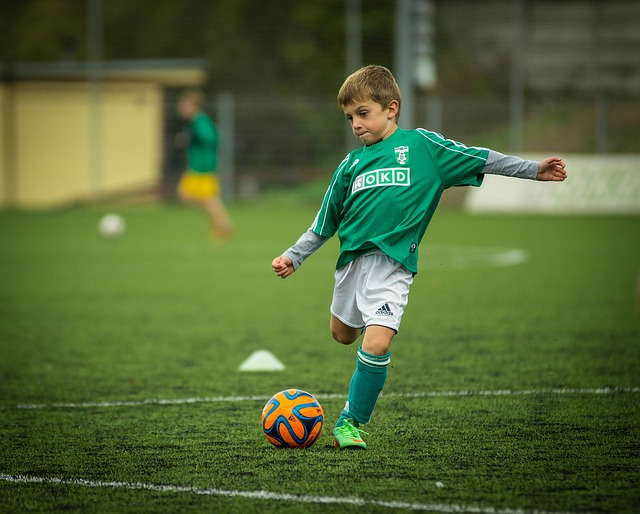The Impact of Player Availability on Gaming Communities: A Look at eSports and Online Games
In the vibrant world of gaming, player availability emerges as a crucial factor that shapes not only individual experiences but also entire communities. Whether you’re diving into a challenging raid in your favorite MMORPG, strategizing in a fast-paced FPS, or cheering on your team in an eSports tournament, the presence of fellow players fundamentally colors these interactions.
Connecting Through Play
Imagine logging into an MMORPG only to find that your guild is absent, leaving you to face the vast world alone. That feeling of isolation can be disheartening, emphasizing just how significant player availability is in fostering strong community ties. When players are active, they don’t just contribute to the game; they weave a rich tapestry of shared stories, triumphs, and even failures. The collective experiences shared during those late-night gaming sessions or intense competition events create bonds that often extend beyond the screen.
The eSports Phenomenon
As eSports continues to rise in popularity, the importance of player availability takes on a new dimension. Professional teams thrive on the availability of their players not just for practice but for real-time strategy and synergy during matches. When a team member is unavailable, the entire team’s dynamics can shift, impacting both performance and morale. This is particularly evident in high-stakes tournaments, where the presence of every player can mean the difference between victory and defeat.
Online Game Dynamics
In online games, player availability can significantly influence the competitive landscape. Games like League of Legends and Dota 2 rely heavily on team coordination and strategy. A mismatched or unavailable player can disrupt the flow of the game, leading to frustrating experiences. Developers are increasingly aware of this challenge, implementing features like flexible matchmaking and improved communication tools to encourage participation and engagement within the community.
Fostering Community Through Flexibility
Recognizing the importance of player availability, many gaming platforms and communities are evolving to provide more flexibility. Systems that allow players to form temporary teams or participate in casual games on-demand are becoming commonplace. This approach not only accommodates varying schedules but also encourages new players to engage without the pressure of commitment.
Creating Inclusive Environments
An inclusive gaming environment respects the fact that not every player can be available all the time. Communities are beginning to support flexible participation models, understanding that life can get busy. Offering different avenues for involvement, such as casual play, structured events, or community challenges, can ensure that players remain engaged regardless of their availability. This inclusivity fosters a sense of belonging, where every member feels valued, no matter how often they can participate.
Ultimately, player availability is more than just a logistical concern; it’s a cornerstone of what makes gaming communities thrive. As we embrace the ever-changing landscape of online games and eSports, acknowledging and addressing availability becomes essential in shaping a more connected and supportive gaming experience for all. Let’s continue to celebrate the bonds that form and the communities that emerge, ensuring every player feels welcome and valued in this expansive digital universe.




